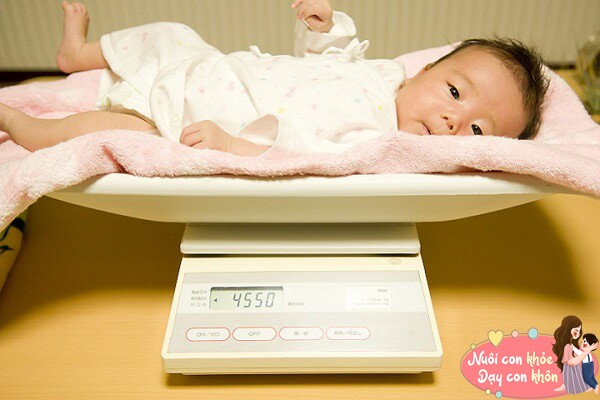These observations have sparked interest among researchers and psychologists, as children’s cognitive development is a crucial factor in shaping their future.
To address these questions, experts have conducted extensive research and surveys to identify the factors influencing children’s cognitive development.


Are babies born via C-section or natural birth smarter?
From a brain development perspective, a child’s intelligence is not directly linked to their birth method. Instead, a child’s cognitive development depends on various factors such as the mother’s health during pregnancy, genetic predispositions, nutrition, educational environment, and other factors.
There are clear medical indications for whether a C-section is necessary. For instance, if natural birth poses a risk to the mother or the baby, or in cases such as a large fetus, abnormal fetal position, preeclampsia, or antepartum hemorrhage, a C-section is often the safer choice.
However, these decisions should be carefully evaluated by medical professionals. Choosing a C-section should be based solely on clear medical indications and not on reasons unrelated to health.
Otherwise, it may lead to unintended risks for both mother and child, causing more harm to the child’s body and health in the early years. Therefore, mothers should listen to and trust the advice of experts to ensure the best start for their children’s health.

Is it better to give birth during the day or at night?
Research suggests that there are notable differences between babies born during the day and those born at night. The American College of Obstetricians and Gynecologists conducted a survey of 429 women’s childbirth processes and found that the average duration of labor for mothers who gave birth at night was approximately 40 minutes longer than those who gave birth during the day.
Longer labor durations increase health risks for mothers. Compared to daytime births, nighttime births showed a 26% higher risk of childbirth complications, impacting both maternal health and child safety.
A mother’s health status during childbirth is intimately linked to the time of day. During the day, mothers tend to be in better physical condition due to optimal support from medical staff.
In contrast, at night, many healthcare personnel from different departments have finished their shifts, leaving only a few on duty. This reduction in staff can hinder efficient medical support, and in emergency situations, performing detailed checks on the mother and child in a timely manner may become more challenging.

Research indicates notable differences between babies born during the day and at night.

Does a child’s birth weight reflect their IQ?
Aside from birth method and timing, birth weight is another significant concern for many parents.
In reality, a child’s birth weight does correlate to a certain extent with their IQ, but it is not the sole determinant of cognitive development.
Several factors can influence birth weight, including maternal health, dietary habits during pregnancy, and genetics. A mother’s proper nutrition and health care during pregnancy will positively impact the child’s development.
According to the “Reference Standards for the Growth and Development of Children Under 7 Years Old in China,” the normal weight range for baby boys is approximately 2.62 to 4.12 kg, while for baby girls, it is 2.57 to 4.04 kg.

While birth weight may correlate with brain and body development, it is not the sole factor.
Infants with a birth weight below 2.5 kg are typically considered premature and may require incubation for careful health monitoring. Conversely, infants weighing over 5 kg are considered macrosomic and may face health issues or complications during care.
Although birth weight can influence brain and body development, the most critical factor is the care and nurturing provided by parents after birth.
Love, support, and a positive educational environment will contribute to a child’s overall well-being and intelligence. Therefore, in addition to focusing on birth weight, timing, and method, parents should strive to build a solid foundation for their child’s holistic development.






























